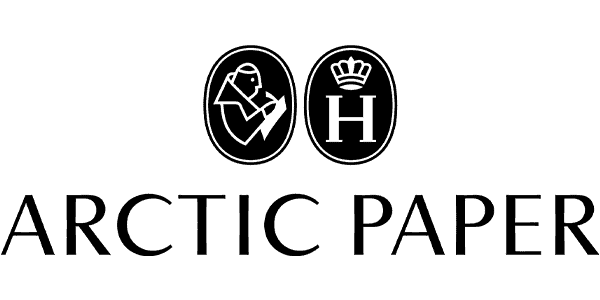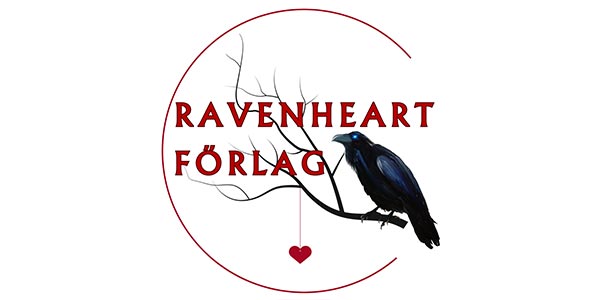
Hand-in-Hand in the peach flower land : analysis of huí cadre agency in the literature propaganda magazine Kāidū river in the north-west borderland of China

| Författare | |
|---|---|
| Förlag | Stockholm University |
| Genre | Kulturhistoria och allmän humaniora |
| Format | Häftad |
| Språk | Engelska |
| Antal sidor | 145 |
| Vikt | 355 gr |
| Utgiven | 2023-04-12 |
| SAB | K.54 |
| ISBN | 9789180141529 |
This thesis studies how mínzú (ethnic) agency is effectuated through propaganda literature among Muslim minority cadres in the Yānqí Huí Autonomous County of the Xīnjiāng Uyghur Autonomous Region of North-West China in the 2010s. The aim is to understand to what extent and in what ways mínzú identification can have a socio-politically significant impact on the activities of mínzú cadres in a restrictive environment and in a medium where mínzú agency is controversial and difficult to implement. The thesis is motivated on the one hand by studies that presume the “monolithic” nature of cadres that speak the language of the Party-State, and on the other hand by studies that too readily presume that the invocation of Party-State orthodoxy is mere lip-service paid to authorities.
The questions are approached by studying the implications that the cadre writers’ literary activities have on Huí mínzú identity in the context of the discourses that they invoke. In the process, national concerns are contrasted to mínzú concerns in order to evaluate and ascertain the intentional nature behind the invocation of mínzú concerns.
The implications of the writers’ literary activities are identified by studying the role that they play in the discursive context of the literary Kāidū River magazine. The study finds that the discursive context can best be described as hybrid in nature, involving the three “sub” discourses of Neo-Confucian cosmology, Republican race theory, and Maoist thought transformation. The first revolves around a notion of cosmic truth, the second around the significance of mínzú or nations, and the third around the threats of and safeguards against ideological pollution. By employing this hybrid discourse of truth, the writers legitimized their texts as state orthodoxy.
Having identified the implications relevant for the formulation of Huí identity, the thesis describes the ways in which the Muslim minority cadres attempted to address mínzú concerns. Although national concerns permeated the texts of the Kāidū River, the writers demonstrated awareness of and the ability to work around the restrictions of Party-State discourse during the early 2010s—at least to some extent. Through selective interpretation, they legitimized off-center views while remaining within the discourse of "truth.”
The thesis demonstrates how the intention of mínzú authors can be identified by studying the implications of their texts in the discursive context within which they are embedded, even when these implications are multivalent. Significantly, the thesis is able to do so by studying how relevant implications consistently are invoked and examining the degree of tolerance for contradictory meaning.
This is a doctoral thesis in Asian Languages and Cultures at Stockholm University, Sweden 2023























